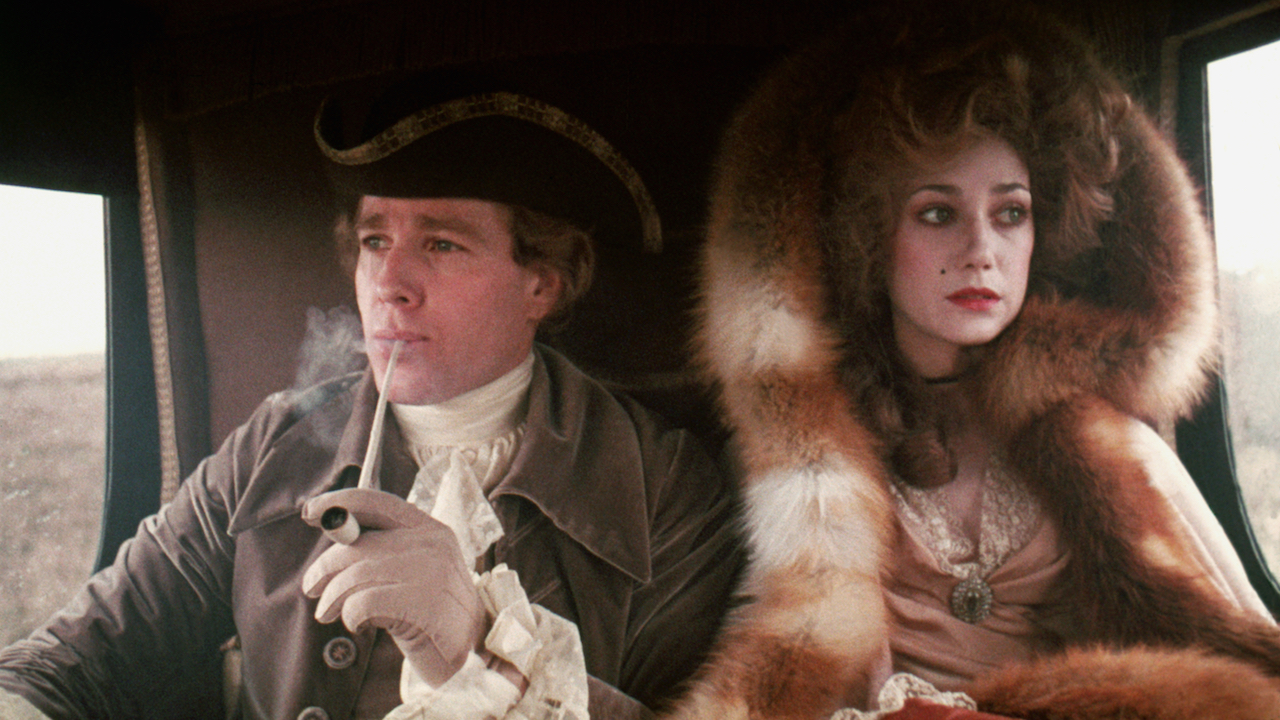Rudderless (contains spoilers)
This review will probably make you question my viewing comprehension abilities (even more):
This is an involving, honest and unique exploration of grief and fatherly love that comes close to greatness but does not quite stick the landing. Billy Crudup gives a strong performance as Sam for how he conveys the grieving process and his dilemma of whether performing his son Josh's songs and bonding with fellow wayward soul Quentin (Anton Yelchin) is the right way to do it. That Sam not only grieves, but also gets to know his son through his music also resonated with me because in my own experience, at least, it accurately represents how fathers and sons prefer to communicate and express love for one another. Anton Yelchin is also very good as Quentin for how he brings Sam out of his shell and copes with the fallout of the big revelation about the songs' author. Speaking of Quentin, his character arc pretty much represents my relationship with the movie, but without Sam's parting gift to him. In other words, my reaction to that other revelation about Josh was not unlike what happens when Josh's ex Kate (Selena Gomez) spills the beans. When I saw Sam and his ex-wife Emily (Felicity Huffman) cleaning graffiti from Josh's grave, I was thrown for a loop because I assumed that he was a victim of the campus shooting rather than the killer. In the first two acts, all we see about the attack's aftermath is a clip of a TV news segment and reporters hounding Sam for a statement. Director Macy and company may have believed that this was enough to identify Josh as the killer, but journalists are just as likely to stalk the parents of the victims of school shootings. Besides - and while you often never know what someone is really like until it's too late - isn't it safe to assume that based on what the movie lets us know about Josh and the tone of his songs that he would want nothing to do with guns? In short, the moment at the cemetery went against everything I had every right to believe up to that point, not to mention made me wonder if Sam's struggle is about grief or if it's about him coping with his son having been a murderer. Again, the performances are strong and my reactions to how the movie depicts grief, the father-son dynamic and the dangers of treating people as surrogates like Sam and Quentin did for each other felt genuine enough for me to give the movie a mild recommendation. Oh, and the songs aren't half bad either. It's just a shame that I'm still questioning if my reactions were the right ones to have.
Like @
seanc said, keeping the nature of Josh's involvement in the shooting under wraps is definitely intentional and is meant to confront us as much as it does the characters. Even though I don't think the film makes the most of it or executes it as well as it should, I do think it's a novel approach to a subject that is very sensitive. At the end of the day, the parents of a "shooter" have double or triple the grief to deal with (loss of a child, that child being the culprit, and the burden of those that he/she killed).
As for the content of his songs, I think they do give you a glimpse of a young man struggling. Some bits of lyric from the main songs...
"Well I'm trying to get home
but it feels like another life
Yeah im trying to stay strong
but sometimes i realise
that the further i go, the more that i know
That i wanna go home"
"The angel and the devil
Secretly they get along
Sitting up there
with me in the middle
From dusk till dawn
I get so confused by it
Which way to turn
They're looking at me like
"Decide which bridge to burn"
If I'm wrong or right
You stand by my side
The devil never knows
The devil never knows"
"Stuck in your confines chewin' it over.
Caught in your headlights. Stop staring.
Don't know what's on my mind. What am I thinking?
Whatever I say is a lie, so stop staring..."
...They really show an inner struggle, or an unhappiness. I also think the scene where he's stuck in the dorm while there seems to be a party outside; then he's interrupted, show that he wasn't really comfortable with his life, where he was, or how things where going for him. It's quite subtle, but I like that.
I also think it's interesting how Sam changes the "course" of that last song, so to speak... that's the one that Josh had left unfinished and close to the end of the film, he added the lyrics...
"Stuck in your confines chewin' it over.
Caught in your headlights. Stop staring.
Don't know what's on my mind. What am I thinking?
Whatever I say is a lie, so stop staring.
Tread carefully
Take a breath and count the stars.
Let the world go round without you.
If you're somewhere you can hear this song
Sing along.
Close your eyes and count to ten.
Maybe love's the only answer.
I will find a way to sing your song
So sing along."
Those new lyrics complete his arc as they help to give him closure while also trying to pass forward a message to anyone that might be going through the same as Josh... "tread carefully... take a breath.. count to ten..."

 Check out my podcast:
Check out my podcast: